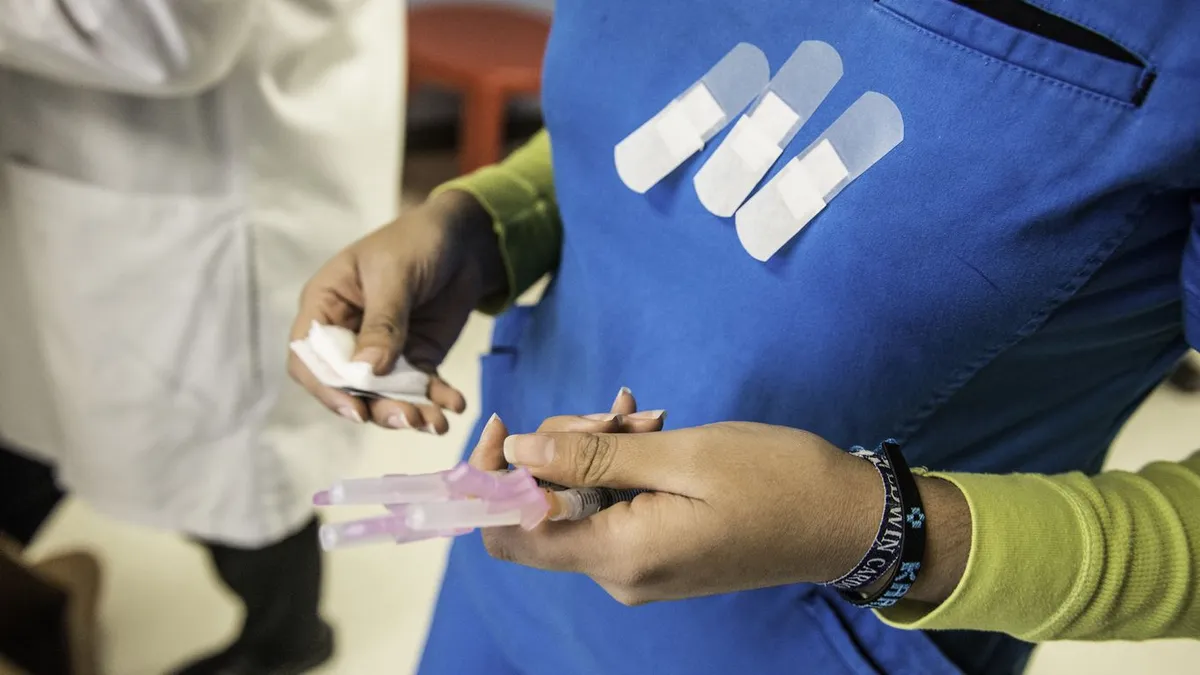
The HPV vaccine, once labeled as dangerous by Robert F. Kennedy Jr., is now being credited with a significant decline in the rate of precancerous lesions among women in the United States. According to a recent report from the CDC, the evidence supporting the vaccine's effectiveness in preventing cervical cancer continues to grow, marking a pivotal moment in public health.
A new analysis from the Centers for Disease Control and Prevention reveals a remarkable reduction in the incidence of precancerous lesions linked to the human papillomavirus (HPV) among vaccinated women. This substantial decrease underscores the crucial role of the HPV vaccine in combating the spread of this virus, which is a leading cause of cervical cancer.
The study emphasizes that just two doses of the HPV vaccine are sufficient to offer strong protection against the virus. Health experts advocate for widespread vaccination as a preventive measure against cervical cancer, urging parents to consider the benefits of vaccinating their children at an early age.
Numerous health organizations and experts have commended the findings highlighted in the CDC report. They view the HPV vaccine as a vital tool in reducing the cases of cervical cancer and improving women's health outcomes across the nation. The medical community is increasingly recognizing the vaccine's potential to save lives and reduce healthcare costs associated with treating cervical cancer.
With the latest evidence showcasing the HPV vaccine's pivotal role in lowering the rates of precancerous lesions, the future of cervical cancer prevention looks promising. As awareness grows and vaccination rates increase, more women will be protected against the dangers of HPV, ultimately leading to a significant decline in cervical cancer cases in the United States.